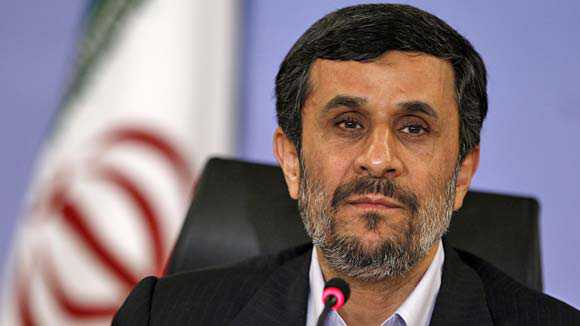By Alakbar Raufoglu for Southeast European Times — 26/05/11
”]![ALAKBARphoto The number of Iranian companies in Turkey is rapidly increasing. [Reuters]](https://www.turkishnews.com/en/content/wp-content/uploads/2011/05/ALAKBARphoto.jpg) The total number of Iranian firms in Turkey reached 1,400 by the end of last year, according to the Turkish Statistical Institute. The two countries, both members of the Economic Co-operation Organisation, have ambitious plans to increase bilateral trade to $30 billion by 2015, from $10.6 billion last year.
The total number of Iranian firms in Turkey reached 1,400 by the end of last year, according to the Turkish Statistical Institute. The two countries, both members of the Economic Co-operation Organisation, have ambitious plans to increase bilateral trade to $30 billion by 2015, from $10.6 billion last year.
“Escaping the UN embargos and unilateral sanctions imposed by the US and EU, dozens of Iranian firms have flown to Turkey from European and Arab markets during recent months,” said Riza Amuzgar Eser, head of the Istanbul-based Iran Commercial and Businessmen’s Association.
“Turkey is replacing [companies from] such countries as France, Germany and the UAE,” he said, adding that both Ankara and Tehran can benefit from this co-operation by opening to each other eastern and western markets.
Business is also facilitated through the Azeri, a language widely spoken in Iran and mutually intelligible with Turkish.
Settling down in various Turkish cities, the Iranian firms either transfer their investments or “start from zero”. “They don’t have any problem with doing business here, except some bank transfers,” Amuzgar mentions.
Ignoring Western criticisms, the Turkish government has emphasised it is committed to developing relations with Iran. Ankara voted against UN sanctions on Iran last year. This spring, the two announced the completion of a “road map” detailing their investment projects in the field of energy.
Muhsin Kar, an analyst at the Institute of Strategic Thinking, an Ankara-based think-tank, says the international economic sanctions are not “the only reason for Iranian firms to operate in Turkey”.
“They also want to utilise the opportunities in Turkey,” Kar argues.
“Social and political unrest in the Gulf and other Arab countries and Iran’s involvement in these events may increase the awareness of and confrontation with Iranian capital in this region and, as a result, one might expect in the near future more Iranian firms to choose to operate in a stable and emerging economy like Turkey,” he said.
Meanwhile, Kar says, Iranian capital “is not very risky for Ankara”, because it comes in the form of FDI. “This is not hot money. For Turkey, attraction of FDI is one of the main policy agendas and it is welcomed from wherever possible.”
Professor Omer Faruk Colak, a prominent Turkish economist and lecturer, argues that as the EU’s share of Turkish exports decreased to 45% during past years, Ankara turned to new, untapped markets such as Iran.
“It is obvious that the ruling Justice and Development Party sees Iran close to itself ideologically,” he said, adding that money is more important for the Turkish government right now.
Meanwhile, Eser says that rather than politics, co-operation with Iran is important for the development of some of the poorer regions in Turkey.
“Our countries are planning to set up a joint industrial town at the border to further boost economic ties,” he added.
According to officials, the settlement of the town may happen by the end of this year. “We have already walked the biggest part of this road,” he notes. “We are offering to settle this town in Van, Igdir or other border towns.”
However, chairman of MUSIAD-Trabzon, a business organisation, argues “local businesses don’t priorotise co-operation with Iran anymore” because they haven’t seen the benefits.
“There are no signs of creating stable, prosperous international trade with Iran right now,” he told SETimes.
This content was commissioned for SETimes.com.





